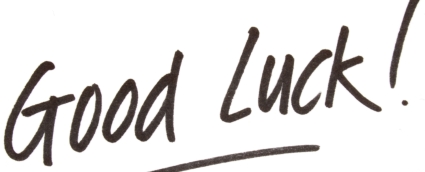Spent the weekend at WisCon and hung out with a number of people and talked on panels. Much of my time was spent talking to new authors and readers, but I did get the chance to hang out with Matt Forbeck, Monte Cook and a few local authors. The show takes on a professional tone; it’s well-organized and gives participants the chance to honor authors like the guest of honor, Nisi Shawl. Finally got the chance to listen to Cat Valente speak (the woman is electricity in a jar!) and ran into Kelley McCullough, who read from the debut book in his new series due out in November, and Brad Beaulieu, who’s celebrating his new book. More to come on that.
Many of the conversations I had involved some element of concern for the state of the publishing industry. There is a lot of uncertainty, but one of the common pieces of advice I continue to hear is to focus on having a volume of published works (regardless of whether or not you’re self-publishing) to ensure a better chance of success.
This advice is no different than what I’ve heard five years ago or even ten. Technology may have changed, but the mantra focus on the work is a solid one. Worrying about the state of the state doesn’t get a short story submitted or sign the next contract. Jobs may come and go — jobs not related to what I want to do — but I remain. I’m an author and an artist, and no matter what I’m doing, that’ll always be there.
And I’m okay with that.
If you’re visiting my site today, you may have noticed I changed the way the categories show up on the home page. I did that, because I’ve been getting back into blogging instead of penning stuffy articles here. I’ve got several places where I’ll be writing on a monthly basis that I’ll be sharing with you, but this’ll be shifting away from the center-left parts of me toward the light. I mean right. Er. Whatever.
Since the con was pretty intense, I needed to decompress. *coughs* Beer! Well, and shooting stormtroopers in the head. Combine and mix vigorously! W00t!
‘Course, margaritas are better. Good margaritas, that is. I loves me some tequila.
Yeah, that was pretty anticlimactic, but decompression is necessary and blargh. I don’t mind conversations taking on a more serious tone, or even going to those types of conventions, but post-con suxx0rs.
The fix? Engage sushi therapy, fifteen minutes of sunlight, obligatory hugs/torments from sleepy cats and, of course, my next story.

 Both of us are authors and both of us are tired of people who use social media to heavily promote themselves. She uses Facebook primarily for the community-related aspects. Facebook has allowed her to connect with similar-minded authors. Since she’s of the same mind I am (e.g. meet people rather than opportunities) she gets a lot out of Facebook because the people there motivate and support her.
Both of us are authors and both of us are tired of people who use social media to heavily promote themselves. She uses Facebook primarily for the community-related aspects. Facebook has allowed her to connect with similar-minded authors. Since she’s of the same mind I am (e.g. meet people rather than opportunities) she gets a lot out of Facebook because the people there motivate and support her. Three Tips For Getting Published from BubbleCow
Three Tips For Getting Published from BubbleCow